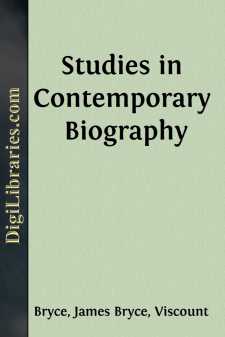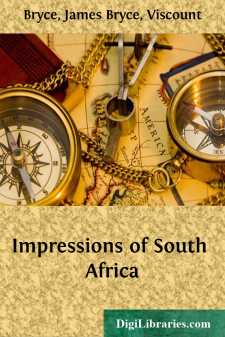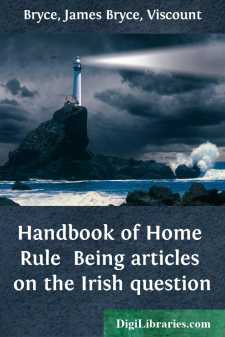Categories
- Antiques & Collectibles 13
- Architecture 36
- Art 48
- Bibles 22
- Biography & Autobiography 813
- Body, Mind & Spirit 142
- Business & Economics 28
- Children's Books 15
- Children's Fiction 12
- Computers 4
- Cooking 94
- Crafts & Hobbies 4
- Drama 346
- Education 46
- Family & Relationships 57
- Fiction 11829
- Games 19
- Gardening 17
- Health & Fitness 34
- History 1377
- House & Home 1
- Humor 147
- Juvenile Fiction 1873
- Juvenile Nonfiction 202
- Language Arts & Disciplines 88
- Law 16
- Literary Collections 686
- Literary Criticism 179
- Mathematics 13
- Medical 41
- Music 40
- Nature 179
- Non-Classifiable 1768
- Performing Arts 7
- Periodicals 1453
- Philosophy 64
- Photography 2
- Poetry 896
- Political Science 203
- Psychology 42
- Reference 154
- Religion 513
- Science 126
- Self-Help 84
- Social Science 81
- Sports & Recreation 34
- Study Aids 3
- Technology & Engineering 59
- Transportation 23
- Travel 463
- True Crime 29
Studies in Contemporary Biography
Description:
Excerpt
BENJAMIN DISRAELI, EARL OF BEACONSFIELD
When Lord Beaconsfield died in 1881 we all wondered what people would think of him fifty years thereafter. Divided as our own judgments were, we asked whether he would still seem a problem. Would opposite views regarding his aims, his ideas, the sources of his power, still divide the learned, and perplex the ordinary reader? Would men complain that history cannot be good for much when, with the abundant materials at her disposal, she had not framed a consistent theory of one who played so great a part in so ample a theatre? People called him a riddle; and he certainly affected a sphinx-like attitude. Would the riddle be easier then than it was for us, from among whom the man had even now departed?
When he died, there were many in England who revered him as a profound thinker and a lofty character, animated by sincere patriotism. Others, probably as numerous, held him for no better than a cynical charlatan, bent through life on his own advancement, who permitted no sense of public duty, and very little human compassion, to stand in the way of his insatiate ambition. The rest did not know what to think. They felt in him the presence of power; they felt also something repellent. They could not understand how a man who seemed hard and unscrupulous could win so much attachment and command so much obedience.
Since Disraeli departed nearly one-half of those fifty years has passed away. Few are living who can claim to have been his personal friends, none who were personal enemies. No living statesman professes to be his political disciple. The time has come when one may discuss his character and estimate his career without being suspected of doing so with a party bias or from a party motive. Doubtless those who condemn and those who defend or excuse some momentous parts of his conduct, such as, for instance, his policy in the East and in Afghanistan from 1876 to 1879, will differ in their judgment of his wisdom and foresight. If this be a difficulty, it is an unavoidable one, and may never quite disappear. There were in the days of Augustus some who blamed that sagacious ruler for seeking to check the expansion of the Roman Empire. There were in the days of King Henry the Second some who censured and others who praised him for issuing the Constitutions of Clarendon. Both questions still remain open to argument; and the conclusion any one forms must affect in some measure his judgment of each monarch’s statesmanship. So differences of opinion about particular parts of Disraeli’s long career need not prevent us from dispassionately inquiring what were the causes that enabled him to attain so striking a success, and what is the place which posterity is likely to assign to him among the rulers of England.
First, a few words about the salient events of his life, not by way of writing a biography, but to explain what follows.
He was born in London, in 1804. His father, Isaac Disraeli, was a literary man of cultivated taste and independent means, who wrote a good many books, the best known of which is his Curiosities of Literature, a rambling work, full of entertaining matter....




